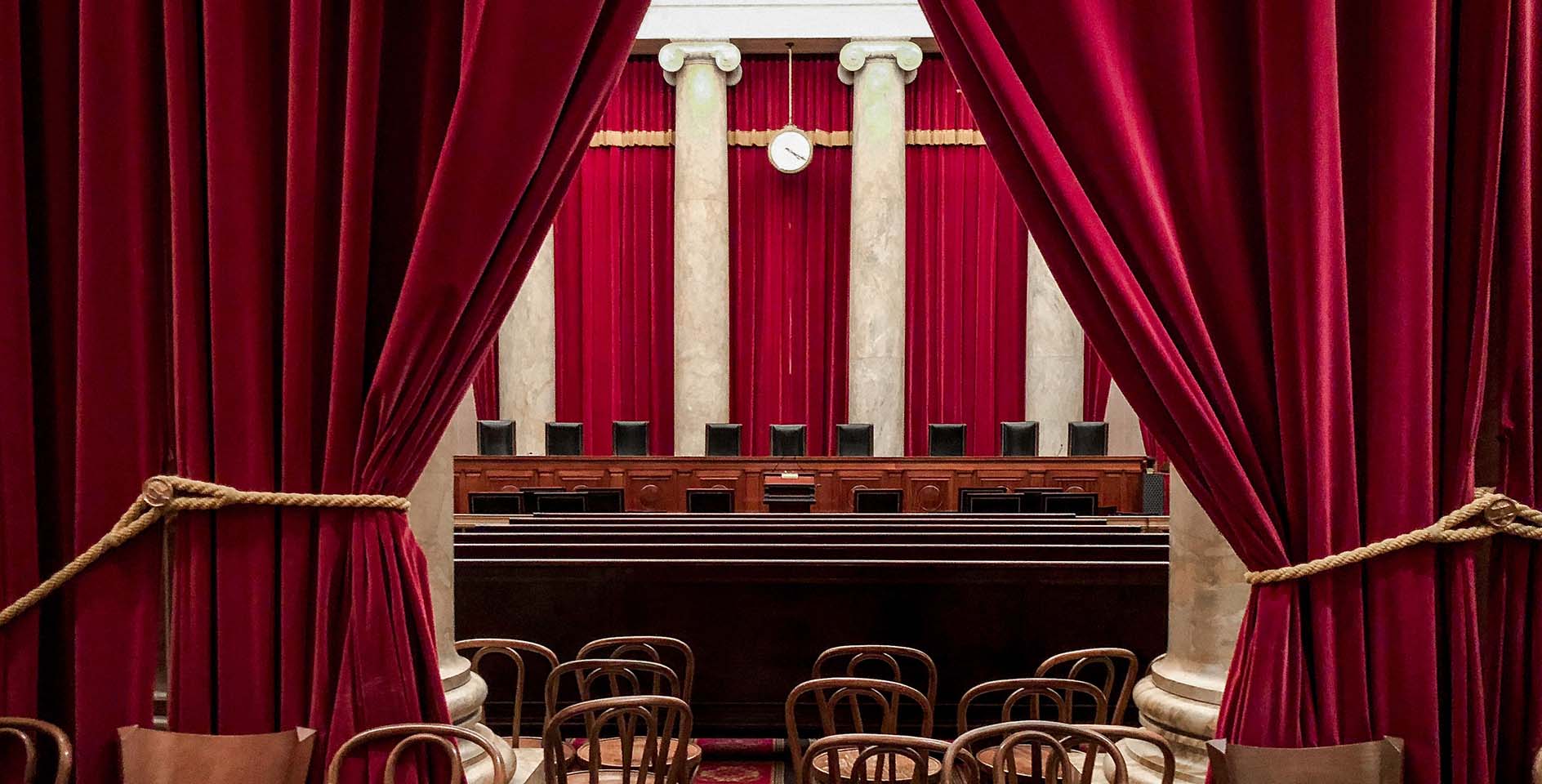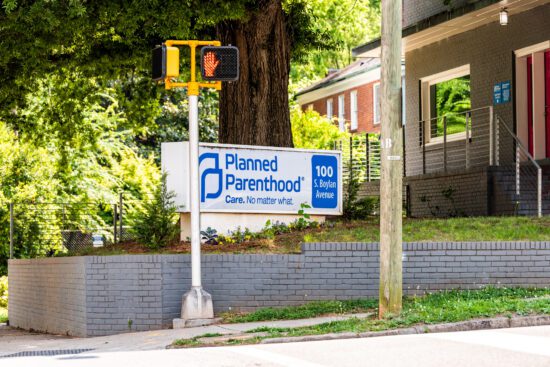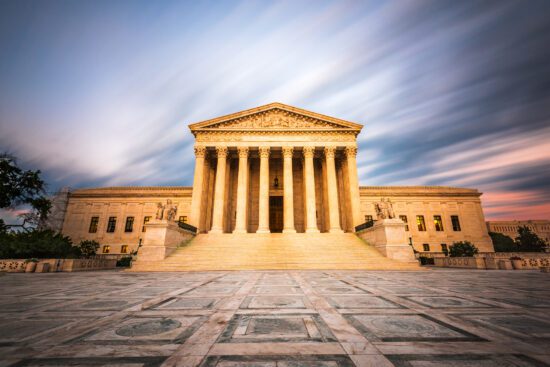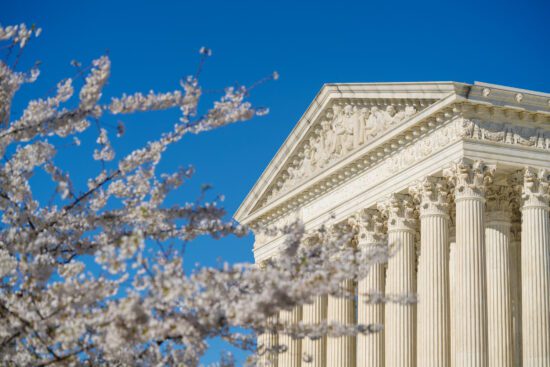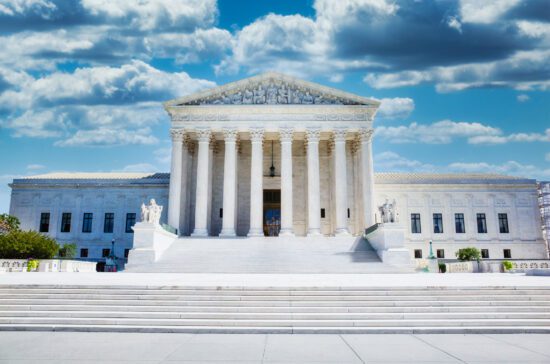On Nov. 1, the U.S. Supreme Court vacated a federal court’s ruling that “upheld a New York regulation requiring health insurance plans to cover abortions.” Citing a recently decided case, the Supreme Court sent the Roman Catholic Diocese of Albany v. Emami court case back for reconsideration in light of the unanimous decision in Fulton v. Philadelphia, a case that “could affect the lower court’s thinking on the issue.”
It was due to the court’s Fulton decision, a ruling granting faith-based foster care and adoption providers the right to “continue serving children and families according to their convictions,” that the ERLC joined several other religious entities in signing a brief, petitioning the Supreme Court for a writ of certiorari to the Supreme Court of New York.
With the case being remanded, it is our hope and prayer that the lower court will arrive at a satisfactory decision by acknowledging and upholding the Constitutional rights of people of religious faith.
What is this case about?
As stated in a petition submitted in April 2021, “In 2017, New York promulgated a regulation mandating that employer health insurance plans cover abortions.” In response to this mandate, “a group of religious organizations sued, arguing that the mandate violates the Constitution by imposing “severe burdens on their religious exercise.”
Though there is a religious exemption built into New York’s 2017 regulation, those opposed to the mandate argue, in effect, that the exemption is too narrow; it “shields some churches but not other religious organizations.” While religious groups whose purpose is to “employ and serve primarily people of the same religion” are granted an exemption, those with a “broader religious mission” or broader hiring and service policies are not. In fact, based on the stated qualifications, it is likely that “few religious employers” will actually qualify for exemption.
Additionally, while the New York regulation states “that employer-sponsored healthcare plans cannot ‘limit or exclude coverage for abortions that are medically necessary,’ the term medically necessary goes largely undefined. Presumably, according to what’s suggested in official guidance documents, “the State intends for the term to include not only ‘abortions in cases of rape, incest or fetal malformation,” but also “abortions of babies afflicted with Down Syndrome and other maladies.’” In other words, while the parameters of the religious exemption are especially narrow, the parameters of what’s defined as a “medically necessary” abortion are unconscionably broad.
So, not only is this case concerned with the free exercise of one’s religious faith, it is concerned, likewise, with the issue of life.
Why is this case significant?
The New York Supreme Court’s initial ruling is a clear and egregious violation of religious liberty, and the decision will have implications for religious groups, including for Southern Baptists.
As Becket Law stated,
“Other religious groups targeted by the abortion mandate include the Carmelite Sisters for the Aged and Infirm, the First Bible Baptist Church of Hilton, New York, and Catholic Charities, the Catholic Church’s charitable arm, which all joined forces against the abortion mandate. What all of these diverse groups have in common is that they seek to serve all people in their communities: the First Bible Baptist Church conducts outreach via its local youth ministry, Catholic Charities provides adoption and maternity services to its community, and the Carmelite Sisters operate the Teresian Nursing Home in Albany. But because they offer these services to people in their communities regardless of their faith background, the state holds that they must offer abortion services in their insurance plans—or else.”
The ERLC submitted an amicus brief on this case, and as stated in the brief, “Unless reviewed, it [the court’s decision] will undermine the crucial principle of religious autonomy.” In other words, religious freedom is at stake.The government has no right to force churches and religious ministries to violate their consciences and pay for abortions.
What happens next?
“In this case, the [U.S.] Supreme Court chose not to hear the legal challenge, although Justices Clarence Thomas, Samuel Alito Jr. and Neil Gorsuch voted in favor of reviewing it. The case instead will be reviewed by the lower court in light of Fulton.” The case will now be sent down to the New York Court of Appeals for hearing.
As the lower courts reconsider this case, we hope they will do so acknowledging that, like the justices agreed on in Fulton, once a government grants some exceptions, they cannot deny exemptions for religious objectors. The ERLC will continue to monitor all developments related to this case and others important to religious liberty. We will always advocate for this first freedom in the courts, on Capitol Hill, and in the culture.



